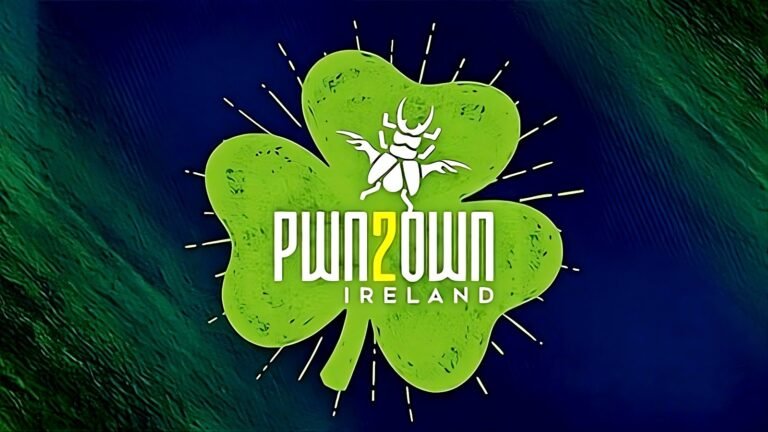Fast Facts
-
The Zero Day Initiative is offering a record $1 million reward for a zero-click WhatsApp exploit at the Pwn2Own Ireland 2025 contest, co-sponsored by Meta, Synology, and QNAP.
-
The competition will occur from October 21-24 in Cork, Ireland, featuring eight categories, including mobile devices, smart home tech, and messaging apps.
-
Contestants can exploit new attack vectors such as USB port exploitation for locked phones, alongside traditional methods like Wi-Fi and Bluetooth.
- Last year’s event awarded over $1 million for more than 70 zero-day vulnerabilities, underscoring the contest’s importance in identifying and patching security flaws.
Problem Explained
The Zero Day Initiative (ZDI) recently announced a groundbreaking offer of a $1 million reward for security researchers capable of demonstrating a zero-click exploit on WhatsApp at the Pwn2Own Ireland 2025 hacking contest, taking place from October 21 to 24 in Cork, Ireland. This significant bounty aims to spotlight zero-click vulnerabilities—flaws that permit unauthorized code execution without any user interaction—on a platform that boasts over three billion users worldwide. Meta, alongside Synology and QNAP, is co-sponsoring the event, reflecting the growing need for robust cybersecurity measures amid escalating threats.
The Pwn2Own contest features diverse categories targeting various technologies, from mobile phones to smart home devices, with an emphasis on identifying vulnerabilities before they can be maliciously exploited. This year, the event has expanded its scope to include a wider range of attack vectors, reflecting the complexity of modern cyber threats. Registration closes on October 16, after which random drawings will determine the sequence of demonstrations. The ZDI’s proactive approach not only seeks to safeguard users but also ensures responsible disclosure, granting affected vendors a critical 90-day window to implement security updates before public disclosure of the vulnerabilities is made.
Risk Summary
The impending Pwn2Own Ireland 2025 contest, with its substantial $1 million bounty for zero-click WhatsApp exploits, poses significant risks not only to Meta and WhatsApp but to a myriad of businesses, organizations, and users globally. As WhatsApp boasts a user base of over three billion, the demonstration of such vulnerabilities could catalyze widespread exploitation, eroding user trust and compromising sensitive data across sectors reliant on this messaging platform. The potential for code execution without user interaction heightens the threat, enabling attackers to infiltrate connected systems and leverage their access for broader attacks, thereby jeopardizing the integrity of enterprise infrastructures, disrupting supply chains, and causing cascading failures in communication networks. Such fallout could proliferate into severe financial implications and reputational damage for businesses, alongside debilitating outage scenarios for critical services, underscoring an urgent need for proactive risk management and robust security measures across the digital landscape.
Possible Action Plan
The rapid pace of cyber threats necessitates an urgent response, particularly highlighted by events such as the Pwn2Own hacking contest, which rewards substantial sums for uncovering vulnerabilities like those in WhatsApp.
Mitigation Strategies
- Regular Software Updates
- Enhanced Threat Detection
- User Education Programs
- Incident Response Planning
- Vulnerability Assessments
NIST CSF Guidance
The NIST Cybersecurity Framework emphasizes the importance of identifying and protecting against potential threats, while also planning for rapid recovery through effective response scenarios. For more in-depth strategies, refer to NIST SP 800-53, which outlines security and privacy controls for federal information systems and organizations.
Advance Your Cyber Knowledge
Explore career growth and education via Careers & Learning, or dive into Compliance essentials.
Learn more about global cybersecurity standards through the NIST Cybersecurity Framework.
Disclaimer: The information provided may not always be accurate or up to date. Please do your own research, as the cybersecurity landscape evolves rapidly. Intended for secondary references purposes only.
Cyberattacks-V1

